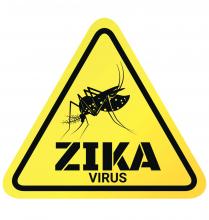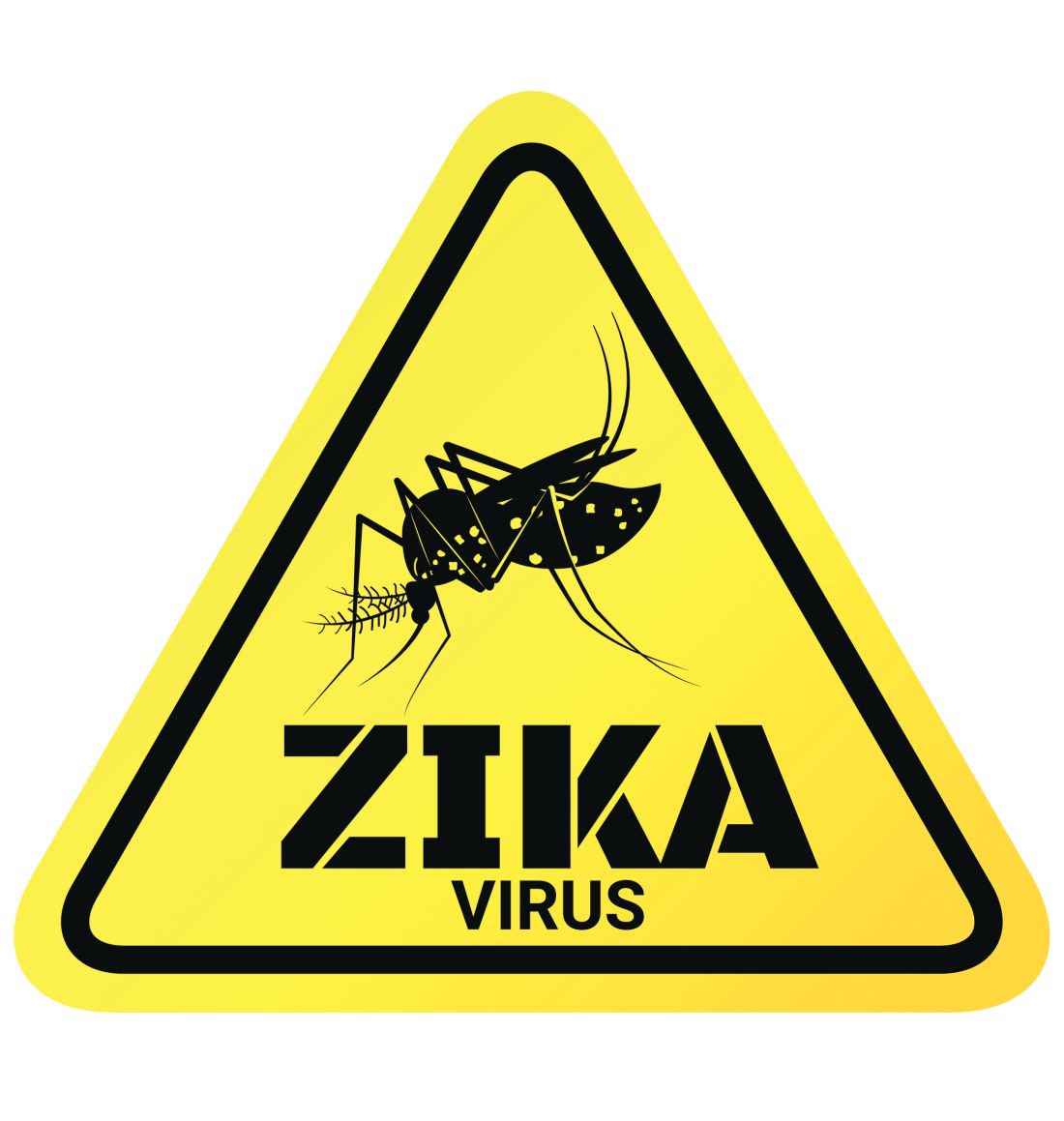User login
DENVER – An antiviral drug that is a key player in the recent revolution in the treatment of hepatitis C infection also blocks Zika virus replication both in vitro and in a mouse model, Alysson R. Muotri, PhD, said at the annual meeting of the Teratology Society.
Sofosbuvir is a promising candidate. Not only has it demonstrated efficacy in preclinical work by Dr. Muotri and other groups of investigators, but it is also already a Food and Drug Administration–approved antiviral agent with a relatively reassuring Category B rating for use in pregnancy, meaning no evidence of teratogenicity in animal studies.
Investigators at the Scripps Clinic in La Jolla, Calif., have shown that the replication machinery in the Zika virus genome is closely similar to that of another flavivirus: hepatitis C. Both viruses express an NS2B-NS3 protease essential for generation of functional viral proteins.
“That observation led us to look for drugs that would interact with that replication pocket,” Dr. Muotri said.
The researchers first established in vitro that sofosbuvir can bind to the Zika virus NS2B-NS3 protease interface in an area known as the RNA-directed RNA polymerase domain, both in Zika virus–infected human neural progenitor cells and in cerebral organoids. Next, they demonstrated that sofosbuvir inhibited Zika virus replication in mice in dose-dependent fashion (Antiviral Res. 2017 Jul;143:218-29).
Most recently – and most importantly – the researchers showed that sofosbuvir blocked vertical transmission of Zika virus infection in the mouse model. “It’s neuroprotective for the fetus. There was no PCR [polymerase chain reaction] evidence of Zika virus in the fetal head. Those animals are born normal as far as we can tell,” he said.
The researchers are also engaged in preclinical evaluation of other antiviral agents as potential treatments for Zika infection. Some show even more potent anti-Zika activity than did sofosbuvir. But they have the disadvantage of being nonapproved investigational drugs and hence are far earlier in the developmental pipeline.
Dr. Muotri, whose research is supported by the National Institutes of Health, reported having no relevant financial disclosures.
DENVER – An antiviral drug that is a key player in the recent revolution in the treatment of hepatitis C infection also blocks Zika virus replication both in vitro and in a mouse model, Alysson R. Muotri, PhD, said at the annual meeting of the Teratology Society.
Sofosbuvir is a promising candidate. Not only has it demonstrated efficacy in preclinical work by Dr. Muotri and other groups of investigators, but it is also already a Food and Drug Administration–approved antiviral agent with a relatively reassuring Category B rating for use in pregnancy, meaning no evidence of teratogenicity in animal studies.
Investigators at the Scripps Clinic in La Jolla, Calif., have shown that the replication machinery in the Zika virus genome is closely similar to that of another flavivirus: hepatitis C. Both viruses express an NS2B-NS3 protease essential for generation of functional viral proteins.
“That observation led us to look for drugs that would interact with that replication pocket,” Dr. Muotri said.
The researchers first established in vitro that sofosbuvir can bind to the Zika virus NS2B-NS3 protease interface in an area known as the RNA-directed RNA polymerase domain, both in Zika virus–infected human neural progenitor cells and in cerebral organoids. Next, they demonstrated that sofosbuvir inhibited Zika virus replication in mice in dose-dependent fashion (Antiviral Res. 2017 Jul;143:218-29).
Most recently – and most importantly – the researchers showed that sofosbuvir blocked vertical transmission of Zika virus infection in the mouse model. “It’s neuroprotective for the fetus. There was no PCR [polymerase chain reaction] evidence of Zika virus in the fetal head. Those animals are born normal as far as we can tell,” he said.
The researchers are also engaged in preclinical evaluation of other antiviral agents as potential treatments for Zika infection. Some show even more potent anti-Zika activity than did sofosbuvir. But they have the disadvantage of being nonapproved investigational drugs and hence are far earlier in the developmental pipeline.
Dr. Muotri, whose research is supported by the National Institutes of Health, reported having no relevant financial disclosures.
DENVER – An antiviral drug that is a key player in the recent revolution in the treatment of hepatitis C infection also blocks Zika virus replication both in vitro and in a mouse model, Alysson R. Muotri, PhD, said at the annual meeting of the Teratology Society.
Sofosbuvir is a promising candidate. Not only has it demonstrated efficacy in preclinical work by Dr. Muotri and other groups of investigators, but it is also already a Food and Drug Administration–approved antiviral agent with a relatively reassuring Category B rating for use in pregnancy, meaning no evidence of teratogenicity in animal studies.
Investigators at the Scripps Clinic in La Jolla, Calif., have shown that the replication machinery in the Zika virus genome is closely similar to that of another flavivirus: hepatitis C. Both viruses express an NS2B-NS3 protease essential for generation of functional viral proteins.
“That observation led us to look for drugs that would interact with that replication pocket,” Dr. Muotri said.
The researchers first established in vitro that sofosbuvir can bind to the Zika virus NS2B-NS3 protease interface in an area known as the RNA-directed RNA polymerase domain, both in Zika virus–infected human neural progenitor cells and in cerebral organoids. Next, they demonstrated that sofosbuvir inhibited Zika virus replication in mice in dose-dependent fashion (Antiviral Res. 2017 Jul;143:218-29).
Most recently – and most importantly – the researchers showed that sofosbuvir blocked vertical transmission of Zika virus infection in the mouse model. “It’s neuroprotective for the fetus. There was no PCR [polymerase chain reaction] evidence of Zika virus in the fetal head. Those animals are born normal as far as we can tell,” he said.
The researchers are also engaged in preclinical evaluation of other antiviral agents as potential treatments for Zika infection. Some show even more potent anti-Zika activity than did sofosbuvir. But they have the disadvantage of being nonapproved investigational drugs and hence are far earlier in the developmental pipeline.
Dr. Muotri, whose research is supported by the National Institutes of Health, reported having no relevant financial disclosures.
EXPERT ANALYSIS FROM TERATOLOGY SOCIETY 2017

